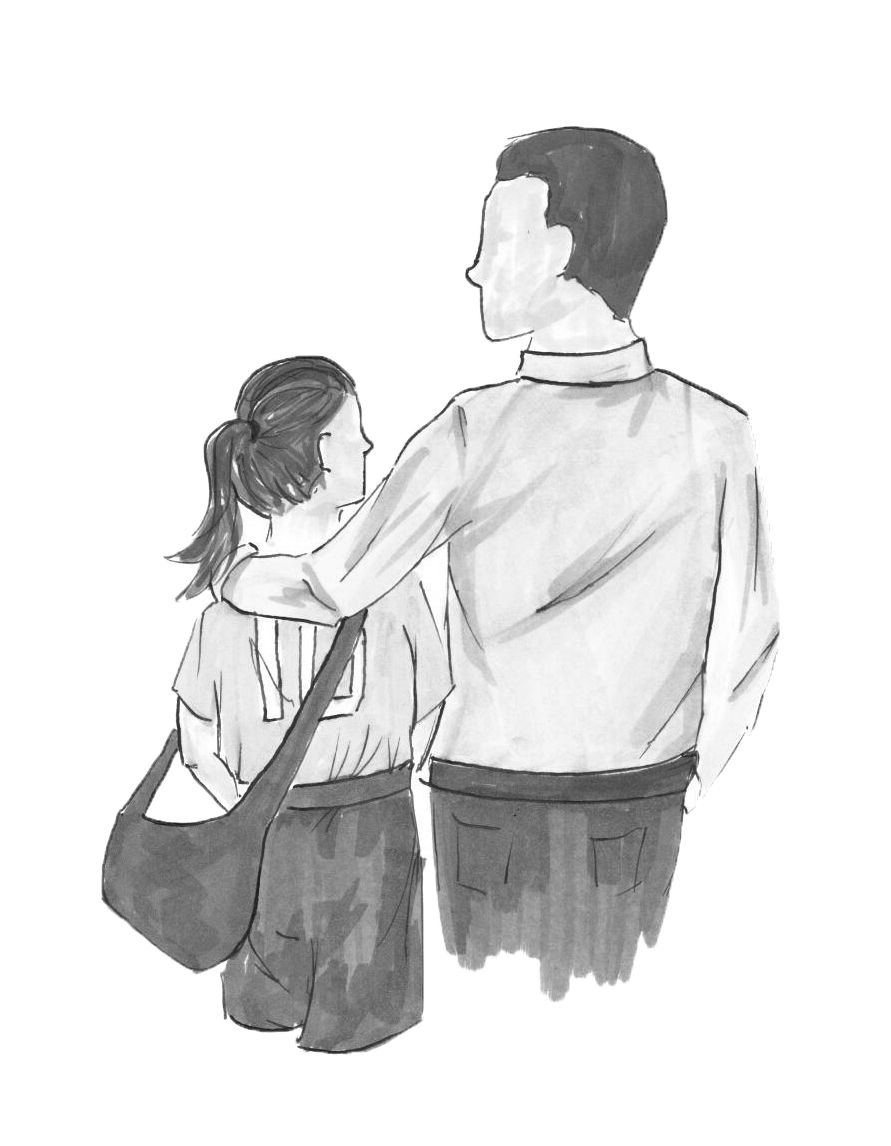
After watching any sports game, whether it be preschool AYSO or high school football, it is easy to observe that parents have an impact on their child’s athletic endeavors. The number of athletes participating in sports has grown every year since 1995, but along with this increase in players comes an increase in parental involvement.
From team manager to carpool driver, there are many different roles a parent can take on to be involved in his or her child’s team.
“[One of the moms on our team] is team manager, and she does everything,” says sophomore soccer player Jayla Stokesberry on the team mom of her club team. “She organizes all the games. If we’re flying somewhere, she organizes all the hotels and the flights and everything.”
In addition to planning, parents can also be found supporting sports at Aragon.
Girls junior varsity volleyball coach and physical education teacher Annette Gennaro says. ”[The JV volleyball] parents this year that I have are great. They’ve done all the TeamSnap for me, it’s very unified, very positive.”
This positive parental involvement commonly contributes to the overall success of the child’s athletic career. Often the positivity of the parents reflects in the attitude of the players.
“My parents drive me to all my meets and all my games … during my soccer games sometimes my dad [is the referee] because he used to coach,” says freshman basketball and soccer player Benjamin Withop. “I couldn’t play at all without them.”
Standing on the sideline during every JV volleyball game, Gennaro is able to notice the positive effects of parental support in sports. “I think the parents are very supportive of the girls in how they are playing, not the results of the game, but how the girls play,” she explains. “Even when we’ve lost games, [the parents say], ‘those were great games.’”
However, between work and staying on top of their schedule, some parents are unable to attend games.
Junior soccer player Grace Choy explains, “I’ve been kind of unmotivated … [my parents] don’t really come so there’s no one to show all the hard work I’ve put in … for the few games that they do come [to], they always tell me what I could have done better instead of the things I did right.”
Choy is not the only athlete whose parents give her unwelcome feedback. When talking to their child after a game, many parents’ comments can be perceived as overly critical. This post-game conversation can easily become negative when the parent begins to instruct the child on their gameplay without actual coaching knowledge.
“I think the coaching is the coach’s job, and they have more experience than the parent does,” says Stokesberry. “Sometimes when the parent says something and the coach says a different thing it conflicts [with] the [child’s] playing, so I think [parents] should just let their child listen to the coach.”
Oftentimes during an athletic game, particularly between rival teams or during a close match, competitive parents can be seen shouting on the side. This shouting is most often addressed towards their own child, but can also be directed at other players, coaches and referees.
“One time at one of my games a parent was so loud that she gave the team she was rooting for a technical [foul],” recalls sophomore basketball player David Avak.
Excessive shouting on behalf of a parent tends to be more distracting and negative than beneficial. Some players find this to be embarrassing since the game is in a public environment; others believe that parents yelling on the side of the court causes stress for his or her child and puts too much pressure on the child’s performance.
The majority of parents do not aim to make their child uncomfortable. Nevertheless, competitive parents often get invested in the performance of their child without realizing the extent of their investment or the repercussions. A common root of this competitive spirit in parents is the desire to have their child attend college on a sports scholarship. However, parents must take caution to be realistic with their expectations.
“Obviously it happens, but it’s pretty rare,” explains English teacher and parent Jim Daniel. “There [are] dads who pay for private lessons and all this stuff because they think ‘oh, this will be college.’ I think the smarter parents start recognizing earlier that their kid is really just average or even way above average, but you have to be extraordinary [to receive a college scholarship].”
Despite the many different roles that parents can take on throughout their child’s athletic career, they must be conscious of their impact on their child’s success and love of the game, as their behaviors have the ability to shape the future of their child’s relationship with sports.



